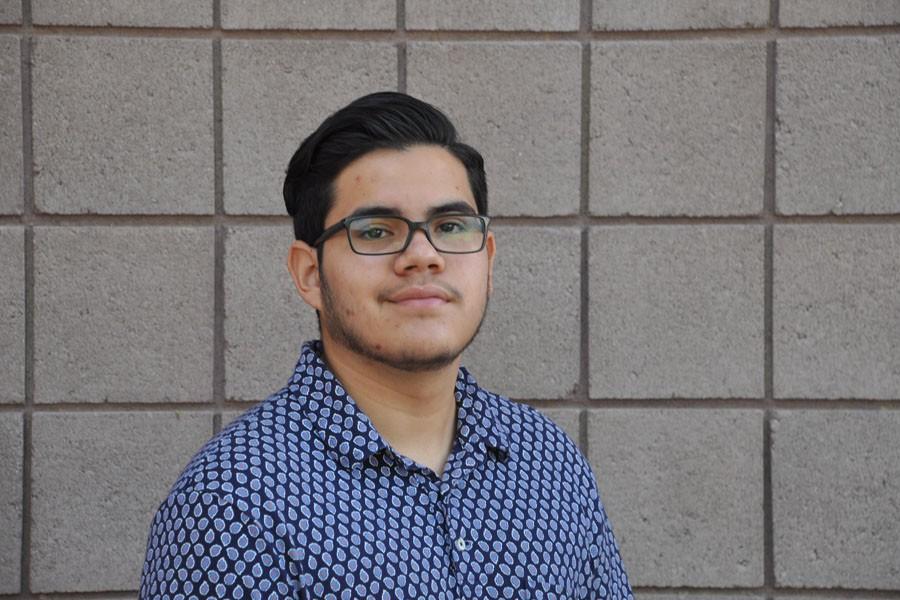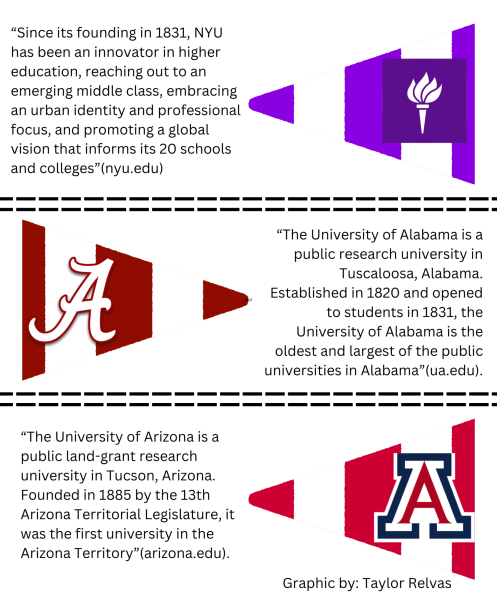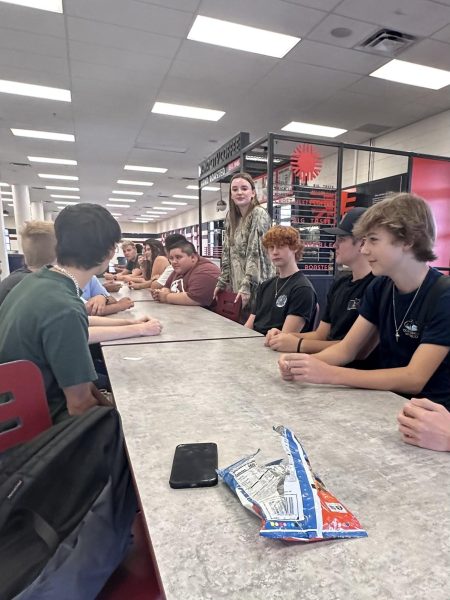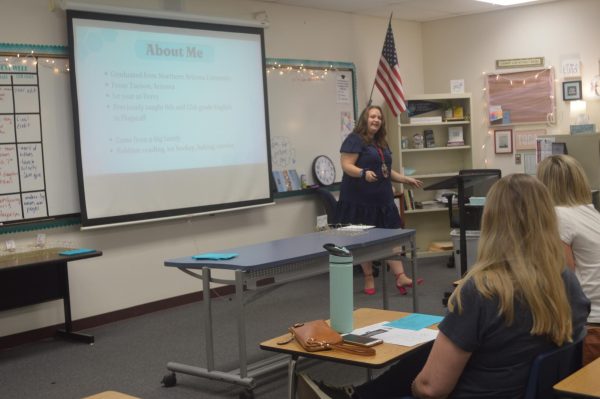Why Powerball Funds Education
Newspaper adviser Damien Tippett
Mug shot of staff reporter Ernesto Chacon.
After last month’s record-setting 1.5 billion dollar Powerball jackpot many were quick to go to the nearest convenience store to pick up their quick picks. Some People are so quick to try our 1 in 200 million chance at winning, that some do not even stop and think about where that money comes from, or what that money even supports.
Powerball, Mega Millions and several other lotteries are run by state governments. This means our state used taxpayers’ money to fund lotteries in hopes of making more money. An article from the Washington Post explains how the earnings of ticket sales from state the lottery are supposed to raise extra money for states to further financially support programs, such as education.
The problem is that they are not funding schools the way they advertise. Powerball makes it seem like any tickets bought go to extra fund education, but instead as the article points out, “instead of using the money as additional funding, legislatures have used the lottery money to pay for the education budget and spent the money that would have been used had there been no lottery cash on other things.”
Why would state lotteries claim to help public schools? Well it is easier for the public to support their bad habits if it goes to a good cause. No one will feel guilty for losing money because they will have the belief that all the money they just lost, at least went towards education. When the truth is that it only goes towards the budget, and as soon as that budget is met the money goes towards funding other programs.
The only states not to have lotteries are Alabama, Alaska, Hawaii, Mississippi, Nevada, Utah, and Wyoming. Many of these states decided not to participate in the lottery due to “religious” grounds, since technically one is gambling a risky two dollars each time they buy a ticket.
In 2005 North Carolina inaugurated the North Carolina Education Lottery with the promise of spending most of the revenue to further fund education. Now a decade later, North Carolina spends less money on education than when it first started.
There is nothing wrong with playing the lottery, or the states running the lottery. What is wrong, is the way the states manipulate people to think that they are some sort of a charitable organization to schools, so that people can justify losing money in their lottery.

Ernesto Jesus Chacon is Junior Perry at high school. He likes to work with his fathers business in the automotive industry. It is at his fathers shop...





